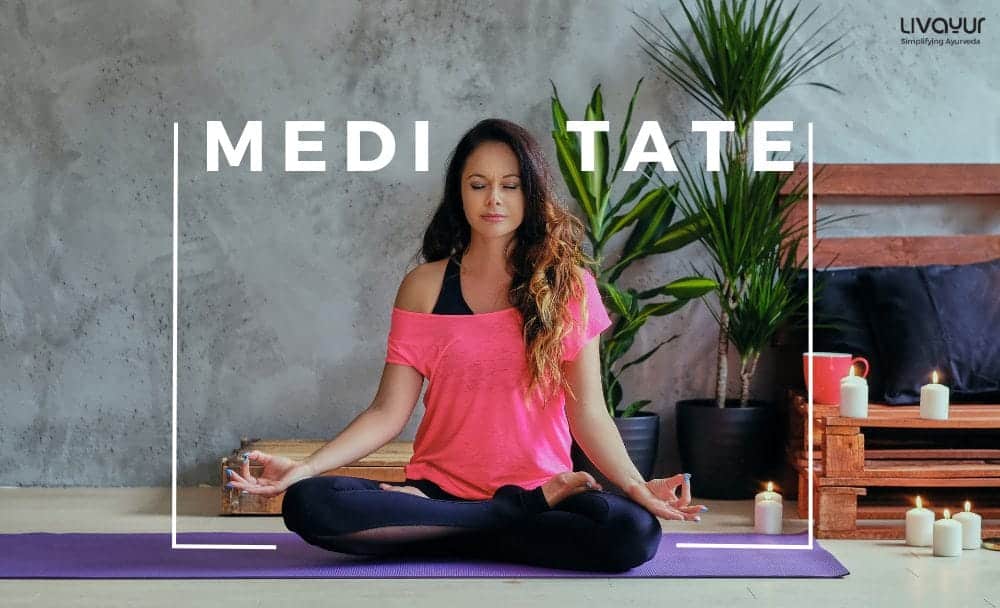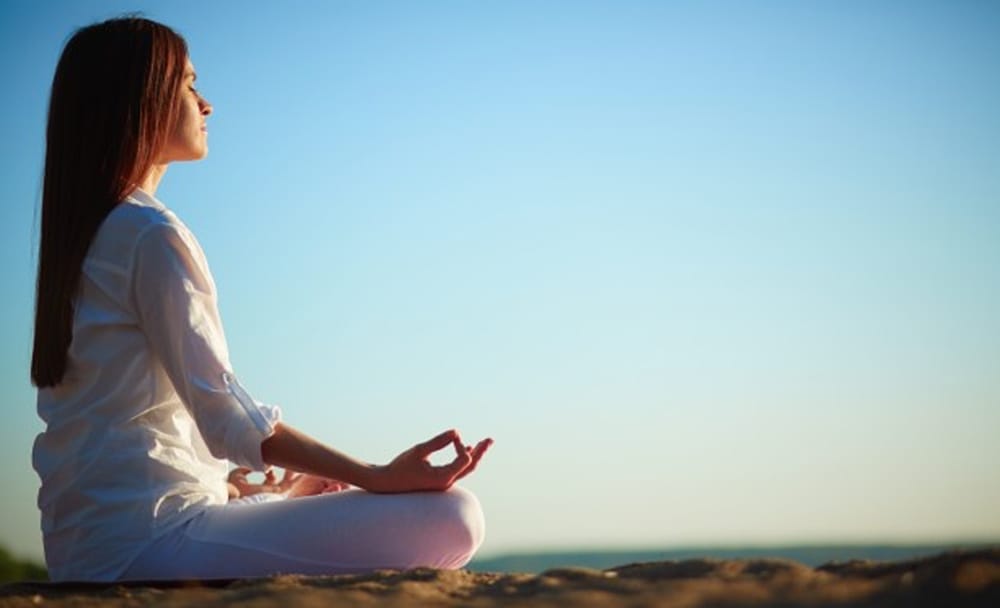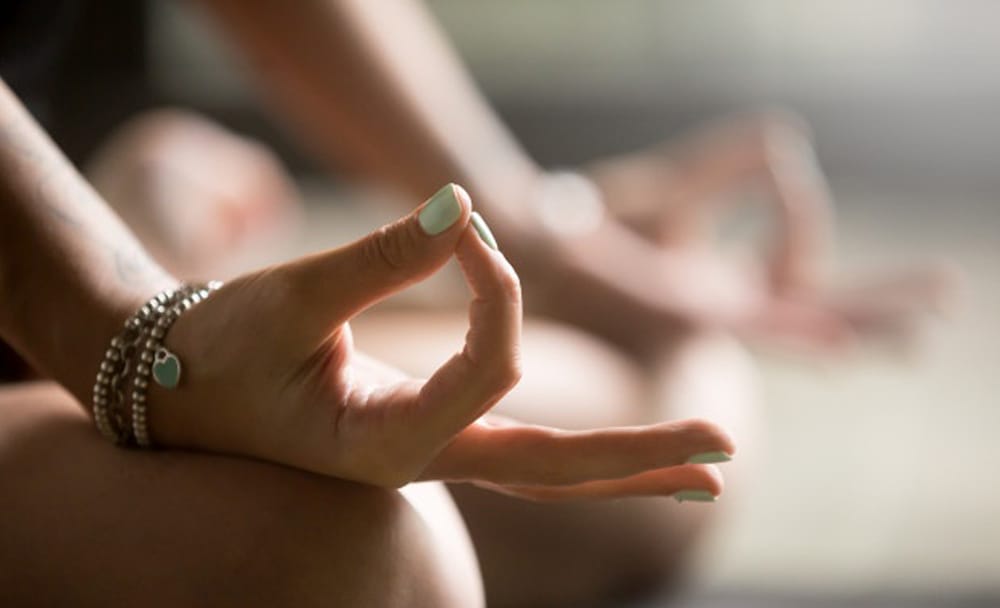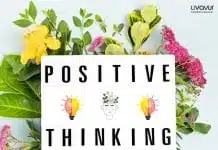
Meditation is a process in which you train your mind to focus on your thoughts, increase awareness and attain an emotionally stable state. It helps to reduce stress and relax your body and mind.
Meditation has been practised for thousands of years and often serves as complementary medicine to many physical and mental diseases. During mediation, you try to eliminate the negative thoughts that are causing stress and boost your physical and emotional well-being.
There are many ways in which you can practice meditation. Some of the most common meditation techniques are guided meditation, mantra meditation, mindfulness meditation, Qi gong, Tai chi, transcendental meditation and Yoga. However, if you are a beginner, all you need to practice meditation is focused attention, relaxed breathing, a quiet setting, a comfortable position and an open attitude.
What are the Benefits of Meditation?
Meditation helps to maintain both your physical and emotional health. Some of the key benefits of meditation are:
- It helps you manage stress and deal with stressful situations.
- It helps to increase self-awareness and enhance your focus on the present.
- Meditation reduces the flow of negative thoughts and emotions.
- It helps boost your imagination and creativity.
- Meditation also helps in improving your levels of patience and tolerance.
- It helps to improve sleep and reduce many sleep problems such as insomnia.
- Meditation can also help improve the symptoms of many diseases such as anxiety, asthma, chronic pain, depression, cardiovascular diseases, high blood pressure, etc.
How to Practice Meditation?

- Sit comfortably on the ground or on a chair while keeping your spine erect. For this, you can also take the support of a wall or cushion. If sitting does not feel comfortable to you, you may also lie down and meditate.
- Now take deep breaths through your nose. Keep your mouth closed. You can keep your eyes open or closed, whichever way is comfortable for you.
- Focus on your breaths and start feeling the rise and fall of your belly as you inhale and whale.
- Start your meditation practice with 5 minutes. You may keep a timer for it as well. Gradually, increase your pace and lengthen your time to 15-20 minutes. It will probably take weeks or months to reach here.
- While meditating, your mind may wander off, and your focus might shift to other things. Do not judge your thoughts when this happens. Let your thoughts pass and gradually bring back your focus to your breaths. Remember that the goal of meditation is not to shut your mind but to allow your thoughts to pass without any judgement.
Tips to Get Started with Meditation:

- Choose a Free and Convenient Time:
Meditation is a way to relax your body. Hence, it is extremely important to choose the most convenient time for you. It can be anytime during the day or night when you have the time to relax and enjoy yourself.
- Sit in a Quiet Place:
You should always choose a peaceful and quiet surrounding where you will not be disturbed. Although sitting in the lap of nature, such as in a park or garden, is considered best for meditation, you can choose any corner in your house that feels peaceful to you.
- Choose Your Own Meditation Posture:
People often think that meditation should be done only in Padmasana. However, this is not true. You can sit in any relaxed and comfortable position. All you need to ensure is that your spine should be erect and your shoulders and neck relaxed.
- Do Not Meditate on a Full Stomach:
If you meditate after eating your meals, there is a high chance you might doze off during meditation. You should also not meditate when you are hungry as your mind will be focused only on food. Therefore, 2 hours after eating a meal is generally considered ideal for meditating, as you are neither hungry nor full.
- Warm-Up Before Meditating:
Before starting your meditation, do a few warm-up exercises. It will improve the blood circulation in your body, remove restlessness and help you sit longer.
- Start With Deep Breaths:
Always start your meditation with deep breaths. It will help you establish a breathing rhythm and make you feel peaceful and calm. You may also do a few Pranayamas before meditation.
- End Your Mediation Slowly:
Once you are done meditating, do not open your eyes immediately. Take your time and gradually become aware of yourself and your surroundings.
Takeaway
Meditation is a highly beneficial practice as it can help boost your overall health and attain a calm state of mind. However, if you are starting with meditation, it is extremely important to know the right way to do it. You need to remember that meditation is a habitual process, and you will have to practice it for weeks and months for effective results.




















